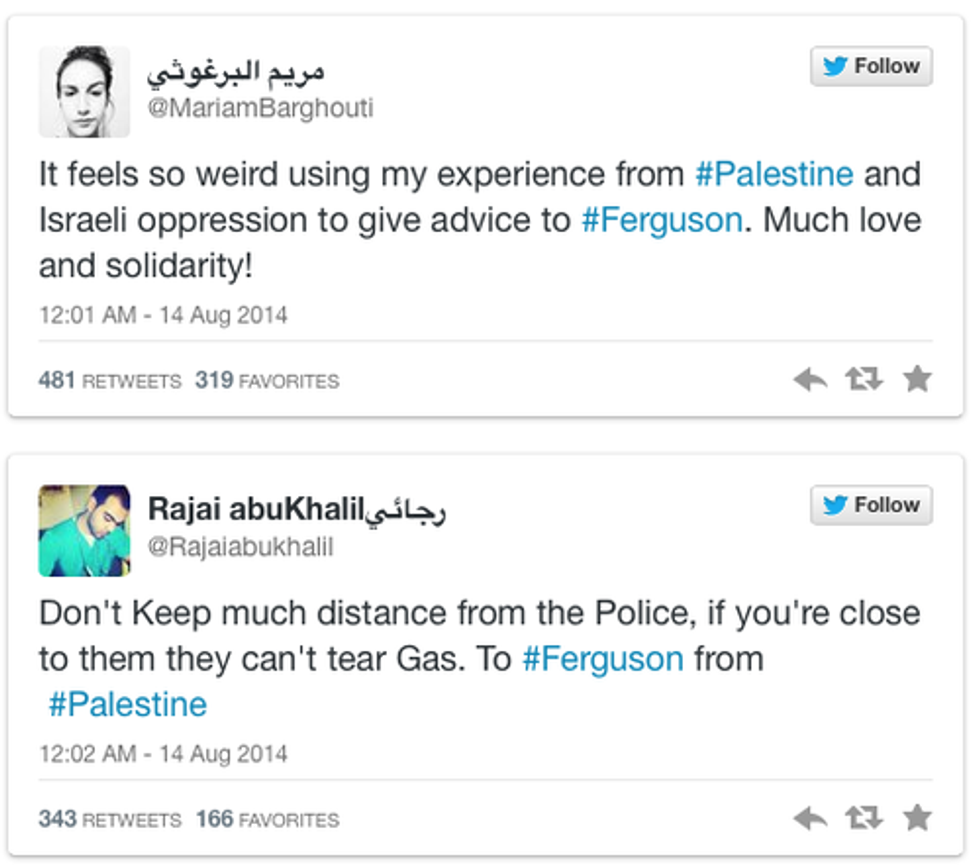Coming to know Mrs. Angela Davis started with a bleak impression. I first found out about her as one of the FBI’s Most Wanted Criminals, a vice presidential candidate for the American Communist Party, and a member of the Black Panther movement. I did not go beyond the titles she bears until recently, and this started with checking my own values and finding them consistent with the freedom fighter.
The FBI has a history of constantly oppressing minority opinions under the banner of security while proving disproportional to the Black Panther group compared to its laissez-faire relationship they had with the white supremacist Ku Klux Klan. Also, the critique she shares on Capitalism is like Cornel West’s, a leader who I admire both inside and outside of economics.
For the longest time, I thought I was ostracizing her because of her titles. Now, I realize that she would probably take them as compliments.
Her book Freedom is a Constant Struggle: Ferguson, Palestine, and the Foundation of a Movement had many lessons to teach, but let’s focus on her knowledge of solidarity. People are unique as individuals, and it’s even harder to find commonalities among a group the bigger it gets. Yes, we can empathize with the struggle someone else goes through, but that emotion can only go so far when people are asked to mobilize against oppression.
How do you ask one group to believe in the same struggle your group goes through?
Moreover, can you ask them to stand up for you and your rights?
Mrs. Davis contends that solidarity isn't simply not being complicit in the oppression of the group. It calls for shaping values, recognizing intersectionality, and acts outside the selfish bubble that only benefited you and your identified in-group.
Solidarity is empathy acted upon.
She had a few tidbits of wisdom when it comes to solidarity:
1. Find commonalities
“Ferguson is a small town in St. Louis County—this chief received “counterterrorism” training in Israel. County sheriffs and police chiefs from all over the country, agents of the FBI, and bomb technicians have been traveling to Israel to get lessons in how to combat terrorism.”
There’s a physical connection between the beating one gets as a BLM protester and as a Palestinian rebelling Israeli occupation. Solidarity asks us to go beyond considering one another as humans, that is the easier part and doesn’t ask for much. When you find a connection between groups that are worlds apart, you can work to help one another because it, in turn, helps you.
As Mrs. Davis puts it, “as you are organizing against police crimes, against police racism, you always raise parallels and similarities in other parts of the world."
2. Build on your success with others' help
“With the case of SJP (Students for Justice in Palestine), linking campuses to BDS all over the country… has opened up possibilities for students to challenge prison privatization, and… resolutions against corporations that profit from the occupation of Palestine, there have also been struggles for resolutions against companies that profit from prison privatization.”
When you fight for your own movement, you cannot be ideologically consistent unless you fight for similar movements.
She notes that you can gain something from it, as she found an example at “Spelman College, which is a predominantly Black institution, has an SJP chapter, which is the only SJP chapter on a major HBCU and I think they’re giving leadership to the other historically Black colleges and universities.”
3. Fight for others

This is just one of many examples how we can help one another -- not just because others are human, but because they have similar characteristics, or because they want to be morally consistent. We fight for others because it is “not so much intersectionality of identities, but intersectionality of struggles.”

















































